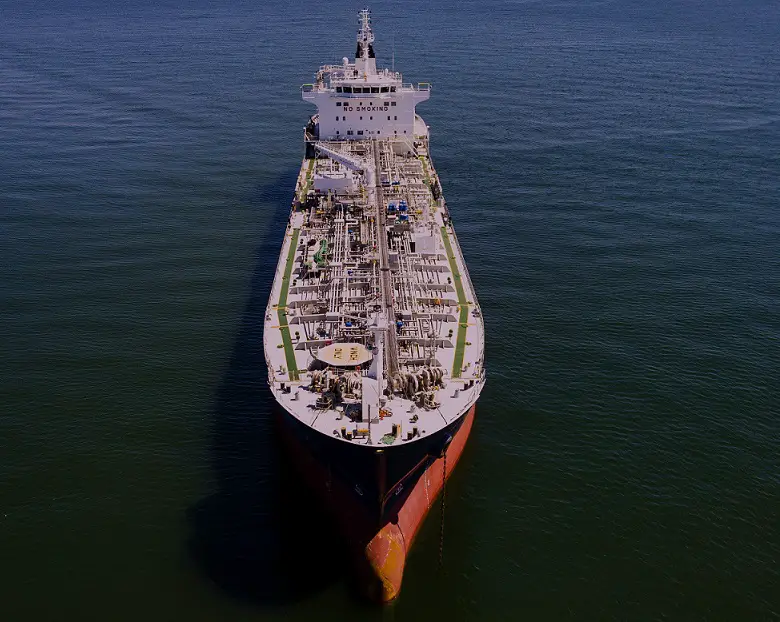The global oil market runs the risk of suffering from massive price shocks next week as the European Union’s sanctions on Russia kick into effect, according to a new report in the Economist on Friday. The EU has settled on a $60 per barrel price cap on Russian seaborne oil.
The report noted that European insurers and shippers have long held a “vice-like hold” on energy markets. Firms from the UK and EU have handled a full 95% of property and indemnity insurance for all oil tankers. The EU hopes that it will be able to leverage this control point over the market to control the sale of Russian oil globally.
The fear is, Russia has openly said it will not sell any oil to any nation under any sort of price cap, and it would instead simply withhold its production from the market.
Currently, with Russia’s premier Urals grade trading below the price cap, this would not be a problem. However if there is a rise in oil prices, such as following another production cut from OPEC+ at their December meeting, and the price of Russian oil rises above the price cap, Russia could simply decide to withhold its supplies from the market in retaliation for the cap.
If Russian oil does not enter the global market, that could trigger a massive and sudden spike in global oil prices which will severely hurt western countries by making energy bills skyrocket and supercharging inflation. That would then force central banks to begin even more aggressive money tightening, and cool economies even more, or even trigger outright recessions.
This was not the plan as the Economist noted, “Hence America’s Treasury Department has since devised a cunning plan to water it down: to let European firms continue to offer their services, provided the oil involved is bought at a suppressed price set by the West.”
Unfortunately for the West, Moscow will get a vote through its response, as the Economist notes. If the Kremlin decides to either stop all sales, or just cut its exports and rely on a smaller group of non-Western tankers and insurers, global oil prices may skyrocket.
The Economist notes, “The other uncertainty is how much power the West will ultimately wield over global oil markets.”
It is possible nations such as China, India, and Indonesia, which have to date ignored Western sanctions and embargoes, will secure alternate sources of insurance, and flows will continue as normal, regardless of the cap. The outlet notes, because these sanctions were announced six months ago, these nations, hungry for Russian discounted crude, “have had time to prepare.”
The Economist notes the outcome is currently difficult to predict, so traders will simply have to wait until December 5th, when the “true balance of power” in the oil markets will reveal itself, and a “violent price spike” may occur.
The outlet concludes, “Just as financial sanctions have energized attempts to evade the Western banking system, so the war will lead China, India and others to circumvent the West’s energy infrastructure. As weapons, sanctions and embargoes have their limits–and a finite shelf-life.”

